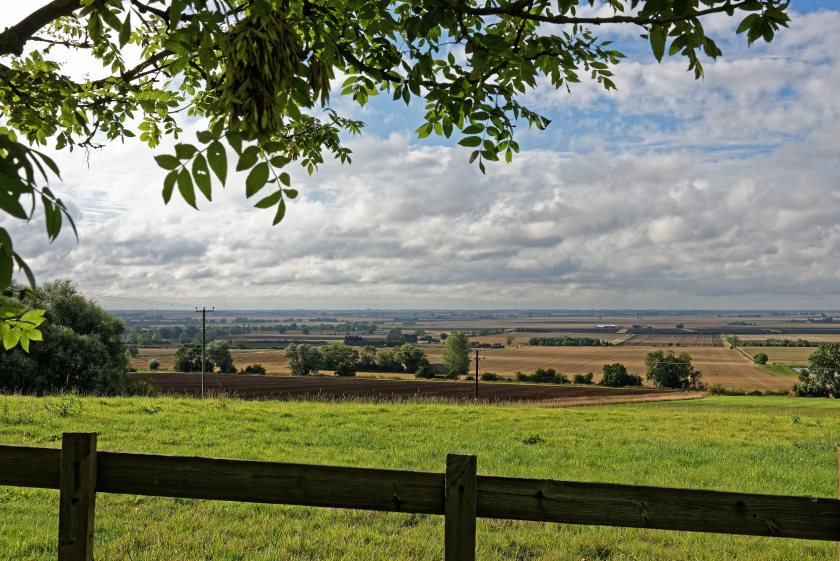
The intense pressure faced by farmers to deliver on environmental and net zero targets will be addressed through a new pilot spearheaded by AHDB.
The project will individually baseline up to 170 farms across Britain, with the levy board investing £2.5 million into it.
The long-term vision is to create the opportunity for a nationwide standardised data set across the beef and lamb, cereals and oilseeds, dairy and pork sectors.
AHDB said this would bring 'integrity' to the industry and enable more accurate reporting of emissions and the environmental impact of agriculture.
In Scotland, the pilot will be a collaboration between AHDB and Quality Meat Scotland (QMS), who are investing £375,000 to support participating beef, sheep and pig farmers.
The UK farming industry faces a significant challenge in demonstrating the positive impact that farming systems can have on the environment.
The pilot will focus on accurate measurements to reveal the net carbon position - the balance of emissions and carbon removals/stocks - of farms, including carbon sequestration potential.
It will provide a dataset which shows the range and variety of results from individual farms, which will allow the industry to move away from relying on national and international averages.
By measuring greenhouse gas emissions, landscape and soil carbon stocks, water run-off, as well as using soil analysis of individual farms, AHDB said the data collected could help to demonstrate the real environmental benefits of British agricultural products, both domestically and overseas.
It will also provide a more accurate reflection of its position and progress towards net zero, the organisation added.
AHDB chief executive, Graham Wilkinson said the pilot would allow the industry to demonstrate how it delivered a collection of public goods.
"This is amplified by a lack of accurate, on-farm-level data," he said, "Our industry-first pilot will help change the story of British agriculture, which has been dominated by gross greenhouse gas emissions.
“We all know that agriculture has a critical role to play in achieving government targets, however, the picture is often more complex because of our role in not only producing greenhouse gasses but our ability to store and sequester carbon across the whole farming system.?
"This project is not just about measuring carbon or soils, it is a transition to informed action. AHDB is bringing the industry together on this mission and has committed to investing significant levy funds to lead this baselining pilot.
“Our ambition is that baselining should be rolled out to every farm across the country, and we will be working with stakeholders and government to discuss how this could be supported by the industry in the long term.
"We are also seeking to work with existing systems suppliers and potential users, such as financial services, to see how we might co-operate to everyone’s benefit."
Chris Gooderham, AHDB's environment director, added that the pilot was the starting point to measure any changes delivered by the farmers taking part.
"However, it will also provide a huge dataset from which we will be able to draw some early observations. For example, the relevance of carbon stocks, the potential for increasing soil carbon storage, and what impacts it."
Early on, AHDB hopes it will be able to gauge the relative capacity of above ground and below ground carbon, the impact of farming methods and land uses on emissions, carbon stocks, biodiversity, run off risk and soil health.
By measuring and analysing this data, the levy board said it would help it to understand the critical elements that could be rolled out across the rest of the industry.
Mr Gooderham said: “We also want to see what else the technology can deliver, pushing the boundaries to understand what is possible in terms of accurately measuring environmental metrics, particularly using remote monitoring from satellites which could help with measuring more frequently and at lower cost.”
AHDB and QMS are currently in the process of recruiting farms to join.
